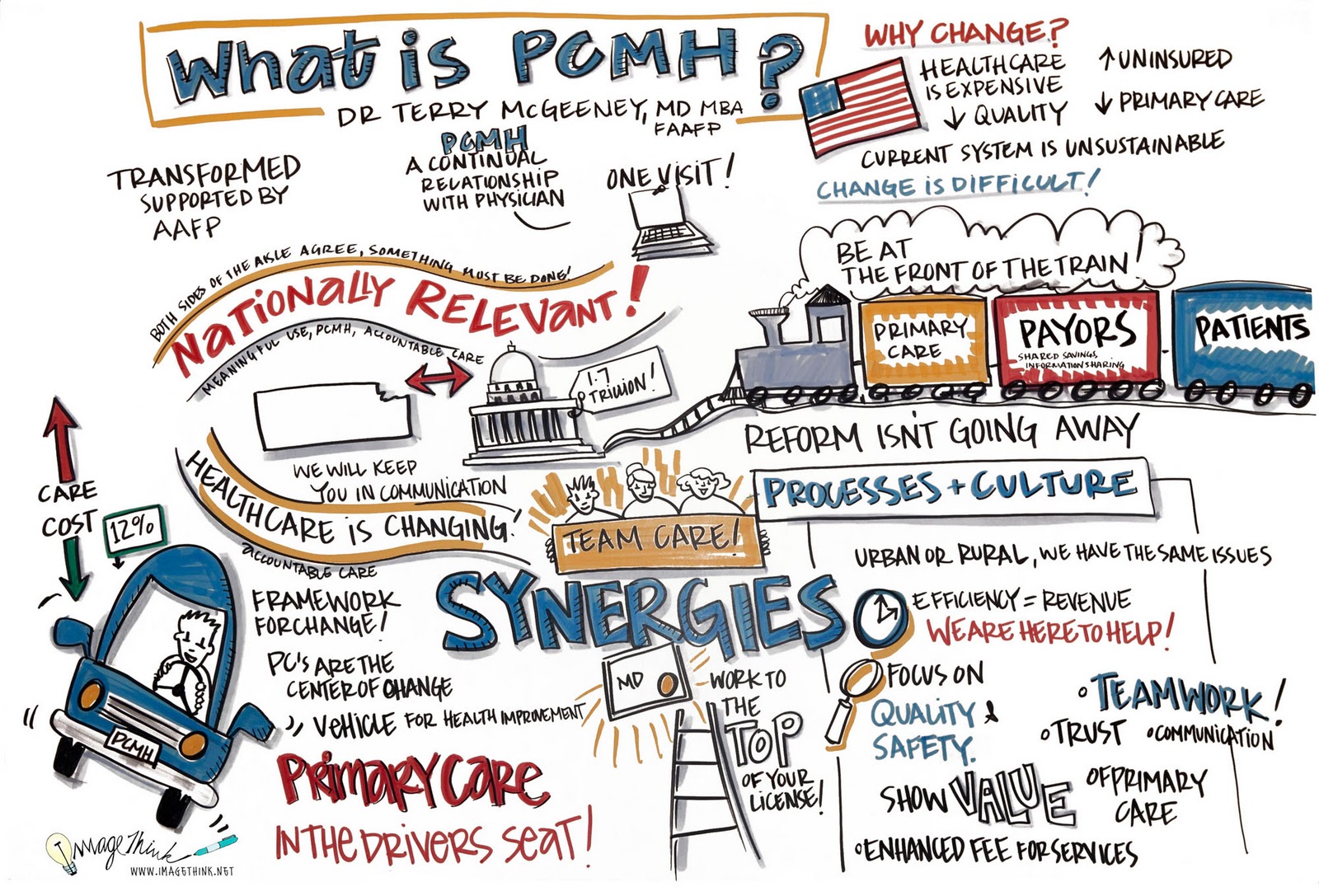You Can Call It “Fertilizer” by Pat Conrad MD
One of the best vehicles for BS is to invent a fancy, complicated term for something perfectly common. And has there ever been any industry better at it than medicine? Much of our mystique has rested on our ability to turn “bruise” into “contusion,” “broke” into “fracture,” “viral” into “pharyngitis NOS requiring antibiotics,” and “fee” into “adjusted reimbursement.”
Lately the most fashionable one is Patient-Centered Medical Home, a screaming repository of academic BS smeared all over, and gratefully, lovingly accepted by organized family practice.
“‘The idea of a patient centered medical home has been around for more than a decade,’ and currently more than 10 percent of all primary care practices qualify as a PCMH in the U.S., according to senior author Dr. Niteesh K. Choudhry of Brigham and Women’s Hospital in Boston.” Well yes, if by PCMH you mean an artificial construct to rope in government patients who shall all be ministered to along the shifting, unproven lines of quality goals, by physicians reduced to stressed out organic med-bots. Before too many overpaid academicians got their stupid ideas and fancy names funded through government favor, we used to have “doctor’s offices.” They started cropping up all across the country even before the opium bales disappeared from the apothecary shops, and everyone knew what they were for decades before Uncle Sam began to invade and twist all of health care.
Choudhry claims the PCMH model modestly improves care and reduces costs, citing Aetna data that suggests 44% of patients were “fully adherent” (meaning 80% of the time) with their hypertension/cholesterol/diabetes meds, compared to 38 % in non-PCMH practices.
Dr. Michele Heisler of the University of Michigan conjectures that “how well care is organized and delivered both in and between clinic visits can significantly influence how satisfied people are with their care,” which in turn will lead to prescription adherence. Okay, fine. Heisler said that PCMH’s “often foster sustained, trusting, and collaborative relationships between providers and patients,” which I guess is meant to read as something novel and neat. PCMH’s also feature (and push) systems that monitor patients’ medication adherence, and identify those needing additional “adherence support.” Does anyone go into medicine wanting to identify and support adherence? Are those the sort of clients physicians seek to foster?
And my favorite part: “By providing more organized and patient-centered care, the aim is that patients won’t have to use Emergency Rooms or be admitted to the hospital as often, which ultimately would save money for payers and be better for patients.” You can start laughing now. PCMH’s feature Medicare – old folks who will get repeatedly, progressively ill with multiple problems – and Medicaid – many of whom will go to the ER for any damn thing they please with no repercussion or penalty. Of course the payers want to herd larger groups into assembly line quality-and-script EHR chutes, tended to by medbot providers who will damn sure not get out of line. Of course government geniuses will glom on to any bright & shiny theories that combine reduced cost and increased quality, all with reduced (expensive) hospital utilization.
Of course, that hasn’t uniformly happened. Both Vermont and North Carolina’s miracle PCMH windfalls have been called into question HERE, and the Rand Corp. is also scratching its’ forehead over the real benefits realized.
Clearly it may be advantageous to in some way ameliorate the current problem of which we are cognizant, as we otherwise commence with commensurate good will to consolidate away any deleterious factors, even as we disseminate that which we wish to endeavor past what is erroneous in an expeditious manner to facilitate from the inception those items to be implemented for leverage, so as to optimize those prescribed proficiencies which, to promulgate in any good proximity regarding remuneration, might subsequently … do good. Wanna give me a grant?
Maybe, anything that the major payers, the federal government, and the AAFP all agree to be a good idea is actually by definition, a bad and unnecessary boondoggle with a fancy name. Everything that PCMH provides can be provided by Direct Primary Care with a critical difference: the patient gets to be responsible for his own damn pills.










Dr. Conrad is always direct, cogent, and interesting. But can he do it in less words? I’m getting a callous on my thumb from scrawling down.
Thanks, Pat
Hahaha, yes, I may have heard that before. Thanks for reading ????